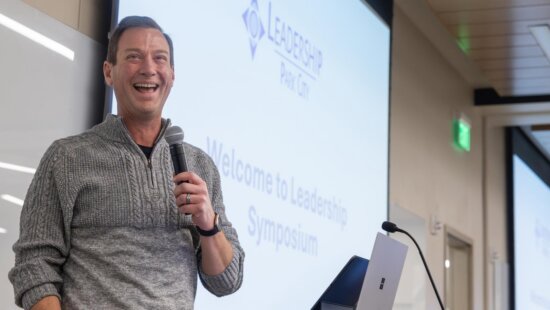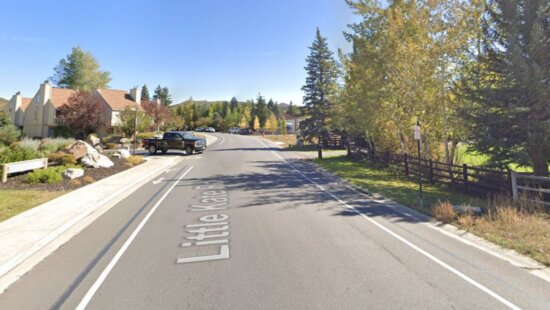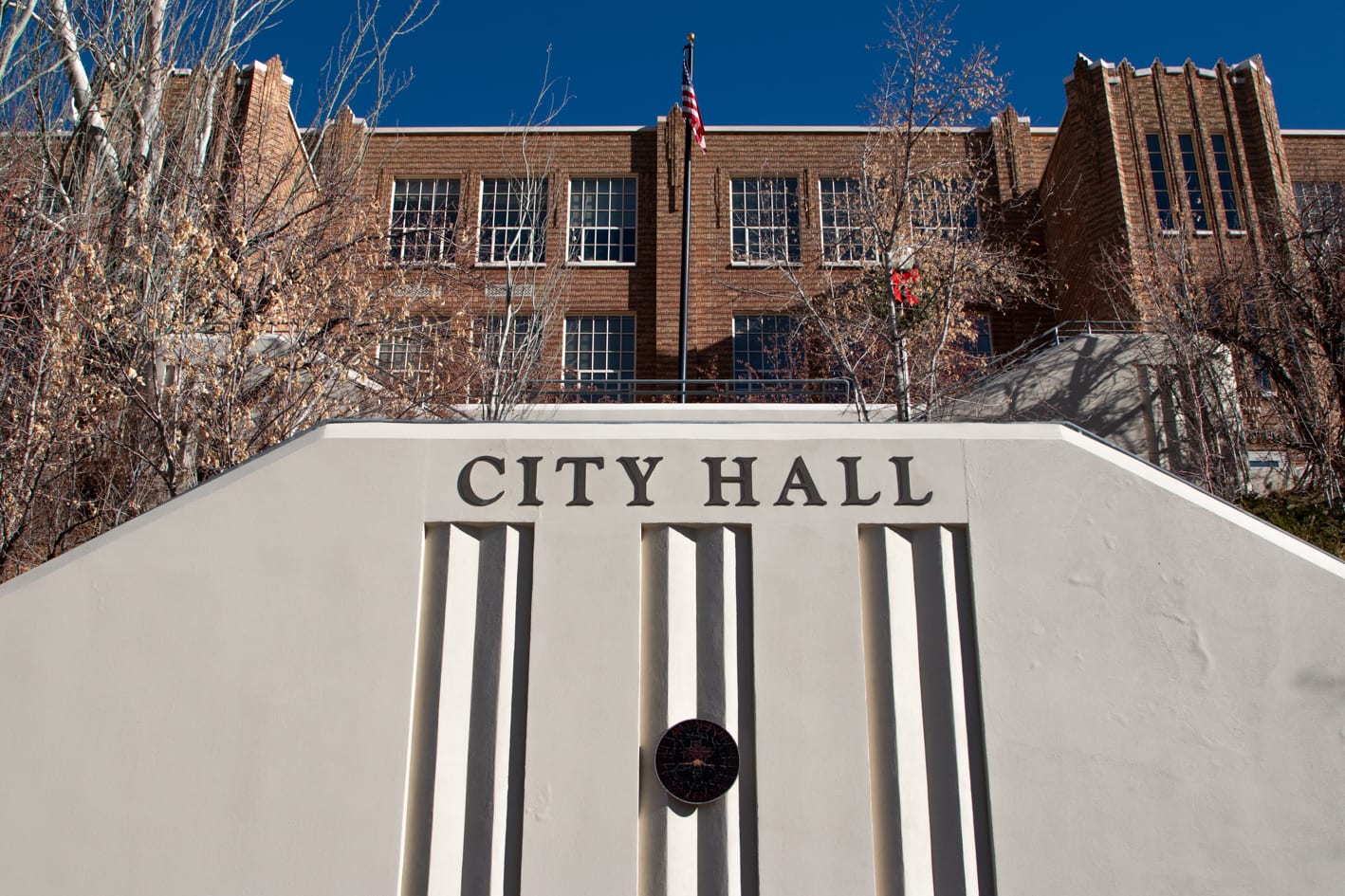Park City candidates on growth: defending local control amid state pressure
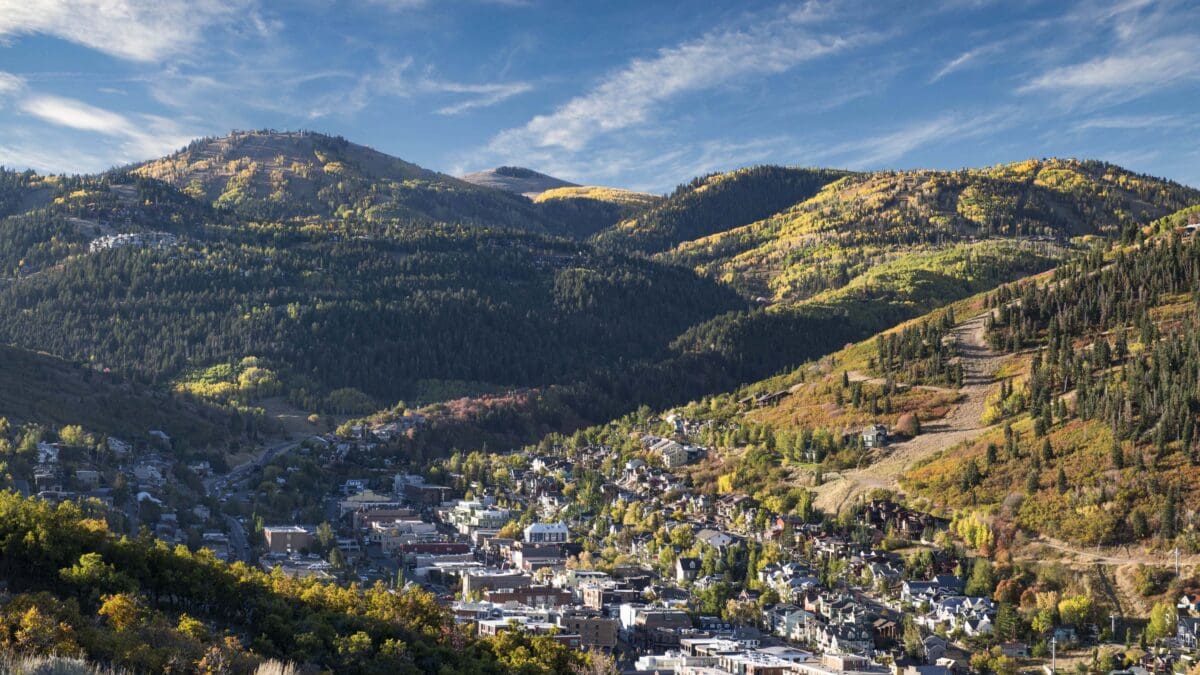
A view of Old Town Park City in the fall. Photo: Photo by: Park City Chamber of Commerce
As Park City prepares for its 2025 municipal election, we’re launching a new series: One Question, Many Voices designed to give voters a direct look at where each candidate stands on issues that matter most to the community. In each installment, we pose a single, critical question to all candidates running for mayor and city council, then publish their unedited responses side by side.
Question 2:
As state lawmakers increasingly override local land-use authority, how will you defend Park City’s ability to control its own zoning, density, and development standards? What trade-offs are you willing—or not willing—to make?
Candidate responses are in reverse order from question 1.
Park City will elect a mayor and two city council members during the 2025 Municipal Election, which will be held November 4, 2025. Pursuant to state law, a Primary Election for the council seats will be held on August 12, 2025, since more than twice the number of candidates filed than are to be elected. More 2025 Municipal Election Info.
Question 1: The Olympics of Development: Where 2025 election candidates stand on Park City’s golden future
Question 3: Protecting what makes Park City special: Candidates weigh in on growth and housing
Candidates for Mayor - 4 Year Term
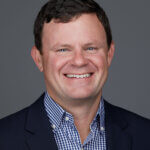
Ryan Dickey
Running For: Mayor
Visit Candidate WebsiteIn more than eight years of public service — as both chair of the Snyderville Basin Planning Commission and as a Park City councilor — I’ve stood resolutely in the defense of local control and our development codes.
On planning commission, I led several of the largest public hearings in Summit County’s history, and steered the commission to its denial of the first Dakota Pacific application. I stood firmly in defense of General Plan Policy 2.3—prohibiting new development entitlements until existing entitlements are exhausted—when it was under constant threat.
As a city council member, I voted against bad deals like Studio Crossing—another project, like Dakota Pacific, that grants too much nightly-rental and commercial density to justify the affordable housing it provides. I also stood against the council’s vote to approve a $2 million dollar city subsidy to that project, granted long after the project had started construction.
Of course, preserving local control is about more than making the right votes in public meetings. I’ve worked not just to protect local control but to advance it. Working with both our legislative team and fellow leaders in cities and town across Utah, we’ve gained new tools to crack down on illegal nightly rentals. We’ve beaten back bad bills in the legislature that would weaken our historic district. And we’ve built relationships with political leaders of all stripes at the capitol and across the state.
In the Utah League of Cities and Towns, where Park City was once an outlier, we’ve become a leader in the fight for local control. We should be proud to have Council Member Tana Toly elected to the organization’s board and doing excellent work for both Park City residents and our state more broadly.
Going forward, I’ll continue to lead in the fight to apply our development code consistently and fairly—no matter the applicant—and to protect our community’s control of its future.
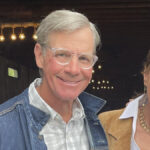
Jack Rubin
Running For: Mayor
Visit Candidate WebsiteUtah is a Dillon’s Rule state, which means cities possess only the powers granted by the state. That is a structural disadvantage. But it does not mean Park City is powerless.
We are the global face of Utah and a major source of tax revenue. With strategic leadership, we can build relationships in Salt Lake City grounded in mutual respect and shared interests. The goal is not to capitulate, but to engage. That means showing lawmakers that well-managed growth in Park City benefits the entire state, and that strong local standards are essential to preserving what makes Park City valuable in the first place.
But engagement alone is not enough. We need leadership willing to push back when the state overreaches. Residents rightly expect our current leadership to defend local land-use authority, and they have been disappointed on multiple occasions. When more than 30 HOAs and 1,100 households organized through Protect The Loop to propose an alternative plan for Snow Park redevelopment, the mayor and council liaisons dismissed it out of hand. Yet Alterra executives saw the potential and brought it to life. That episode made clear what many of us already knew: the real strength of Park City and the whole of Summit County lies in its people. It is time our leadership reflected that strength.
Candidates for City Council - 4 Year Term

Jeremy Rubell
Running For: City Council
Visit Candidate WebsiteThere is an opportunity to collaborate with the state in defining outcomes and strategic goals, then driving solutions. It’s a classic case of it can be done “to us,” or it can be done “with us.” “With us” will have much better results for our community.
I’m not sure there are trade-offs to be made at all; we share more in common than what generally bubbles to the top regarding controversial issues when projects get stuck. That’s not to say it never happens—it is simply to say as long as we focus on being reasonable and stack hands, the likelihood of losing local land-use authority diminishes greatly. I am opposed to rezoning of open space that we worked hard as a community to acquire and consistently identify as important for a number of reasons, and by making a clear case for the value of open space with higher-level policymakers, we can protect it better. None of this is possible with a contentious stance of Park City against the state. We must lead with respect and be genuine; negativity and conflict are not productive in advocating for our community’s values.
We can focus on working together toward effective solutions. For example, if the goal is starter homes, let’s form public-private partnerships with developers who are creative in delivering financial models that support them without creating restrictions such as 3% per year appreciation caps that, over time, have proven counterproductive to building wealth, as they lag market pricing yet require the same amount of costly property maintenance—not to mention additional public subsidies upon resale to reset pricing as the gap between affordability and market pricing grows due to the artificial subsidy.
The other variable to be realistic about is the cost of living in Park City outside of housing expense, and transportation requirements for basic services given available land to build. Housing cost is not the only focus when individuals or families are looking at joining our community. If everything around us is too expensive to enjoy at income levels the housing is created to serve, are we really doing anyone a favor, or are we just making a difficult situation even more untenable? Perhaps the right answer is partnerships with the commercial sector to support our workforce, prioritizing community services that keep us running, and ultimately getting more creative as we look at an overall strategic picture.

Molly Miller
Running For: City Council
Visit Candidate WebsiteIf elected to serve on Park City Council, I’d work with the rest of the Council to listen to – and hear – community values and goals.
Whether the needs would be to clarify and streamline the land management code to reduce ambiguity and potential for prolonged legal battles, or to creatively problem-solve in the gray areas, my decisions in this space would be as a representative of the community, made through the lens of the greatest community benefit and guided by facts and information provided by the appropriate experts and professionals.

Tana Toly
Running For: City Council
Visit Candidate WebsiteDefending local land use control is one of the most important issues facing Park City—and it’s something I’ve taken seriously both locally and at the state level. As a board member of the Utah League of Cities and Towns, I’ve worked directly with legislators to stop harmful state bills, close developer loopholes, and protect our ability to make decisions that reflect Park City’s unique values. I believe zoning, density, and growth decisions belong in the hands of local communities not lawmakers on the hill.
Locally, I’ve been clear that Richardson Flat was annexed for recreation and open space, not high-density development. I won’t support projects that turn it into another Kimball Junction or sacrifice our town’s identity for short-term gains. The trade-off I’m not willing to make is Park City’s character, its open space, livability, and small-town spirit. I’ll keep working with our partners and fighting at the state level to ensure Park City stays Park City.

Danny Glasser
Running For: City Council
Visit Candidate WebsiteI believe Park City, not politicians in Salt Lake, should shape its own future. I will work closely with other local leaders across Utah to push back against heavy-handed legislation and defend our ability to set zoning and development standards that reflect our community values. I’m not interested in blank-check compromises that invite unsustainable growth or erode our character.
That said, I’ll engage with state partners to find common ground, for example, aligning on workforce housing goals, without giving up local control over how and where we grow. I won’t trade away the qualities that make Park City special just to satisfy a mandate.

John "J.K." Kenworthy
Running For: City Council
Visit Candidate WebsiteIf we want to keep control, Park City needs to prove we’re planning for the future and not just reacting to it.
That starts with making smart use of the few vacant parcels we’ve got left inside city limits. The state will fill that vacuum if we don’t. New tech means we need updated solutions for traffic, charging, parking, and circulation, and we need them fast.
With China Bridge set to be demolished in phases over the next 10 years, we’ve got a rare opportunity to rethink how people move through 84060. I’m talking a full citywide circulation and parking plan that connects the resorts, Bonanza Park, Iron Horse, Prospector, Park Meadows, Park City Heights, and more. Small shuttles, charging hubs, valet drop-offs, tech-integrated transit. It’s all on the table.
But doing nothing means the state (or in some cases the County) will do it for us. I’m not willing to let that happen.

Beth Armstrong
Running For: City Council
This one hits pretty close to home, especially after what we’ve seen with Dakota Pacific in Kimball Junction. I really believe the only way forward is by building stronger relationships with the legislature, starting real conversations and finding some common ground.
We can’t keep acting like an island. We’ve got to start focusing on what we share, not just where we disagree. If we don’t, we’ll keep ending up on the losing end of these stand-offs and that’s not a position Park City should be in.
I’m always willing to listen and make concessions if we end up with a solution that benefits our community. The legislature often responds to complaints received without verifying the full story behind the complaints. We have to find a better way to tell our residents’ vision for the community as well as conveying to the legislature the issues that support economic strength of Park City and how certain actions risk long term damage to our brand and economic sustainability. People do not visit here for malls or rooftops.

Ian Hartley
Running For: City Council
Visit Candidate WebsiteThe ability to control our own zoning and destiny relies on making good decisions and compromises that work for the community, before the state gets involved. Showcasing Park City and the benefit it provides as a recreational and economic resource to the rest of the state allows us context to work with state lawmakers and protect our development standards.
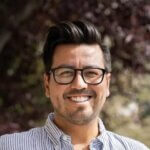
Diego Zegarra
Running For: City Council
Visit Candidate WebsiteLocal control is fundamental to preserving what makes Park City livable. I will advocate fiercely against one-size-fits-all mandates from the state that ignore our geography, needs, and values.
At the same time, we must show we are proactively addressing housing needs, or we risk losing leverage. That means planning for smart density where it makes sense, near transit and jobs, not sprawl on open space.
I won’t trade away our character, but I will champion policies that reflect local priorities and demonstrate that we are doing our part to meet housing demand in a fair and equitable way.
